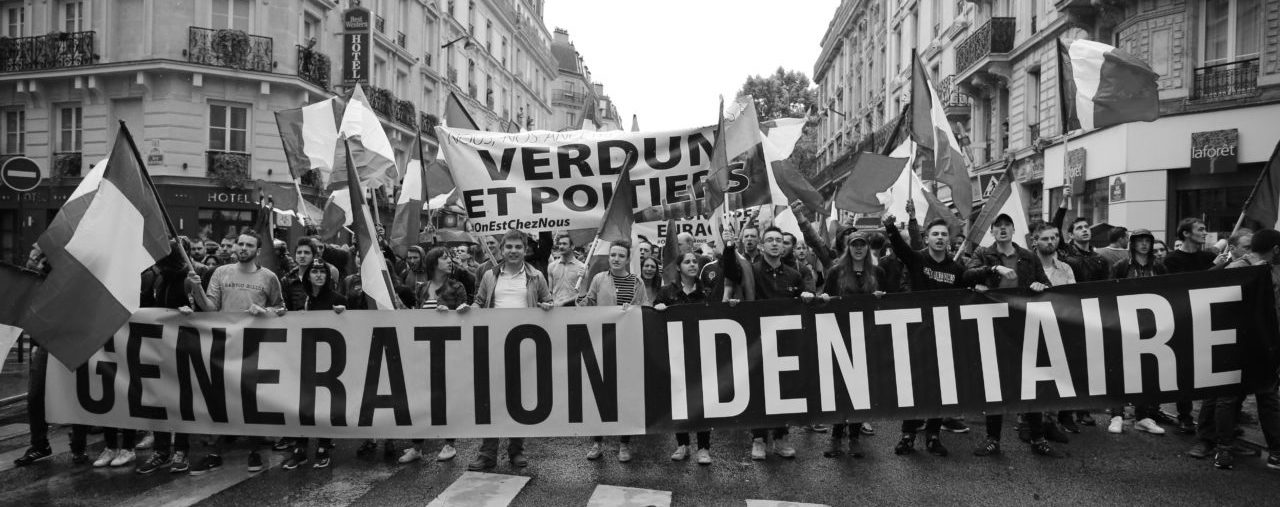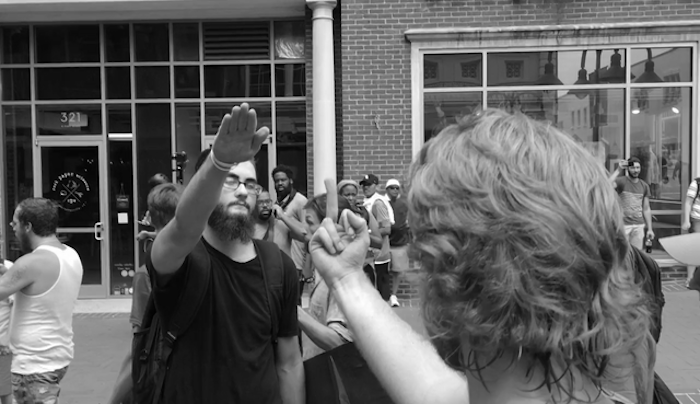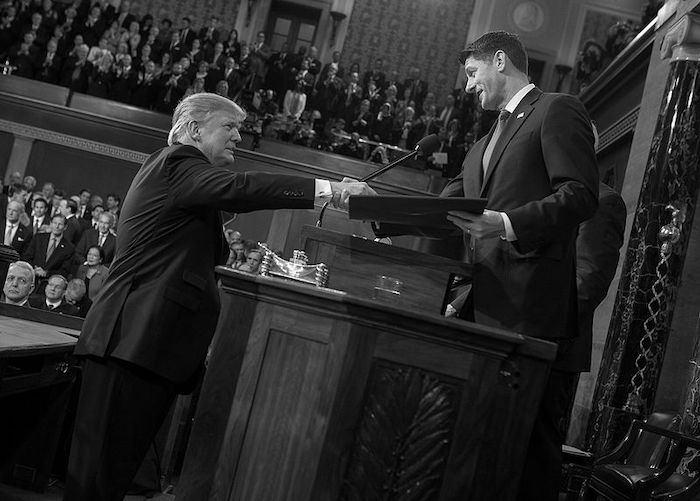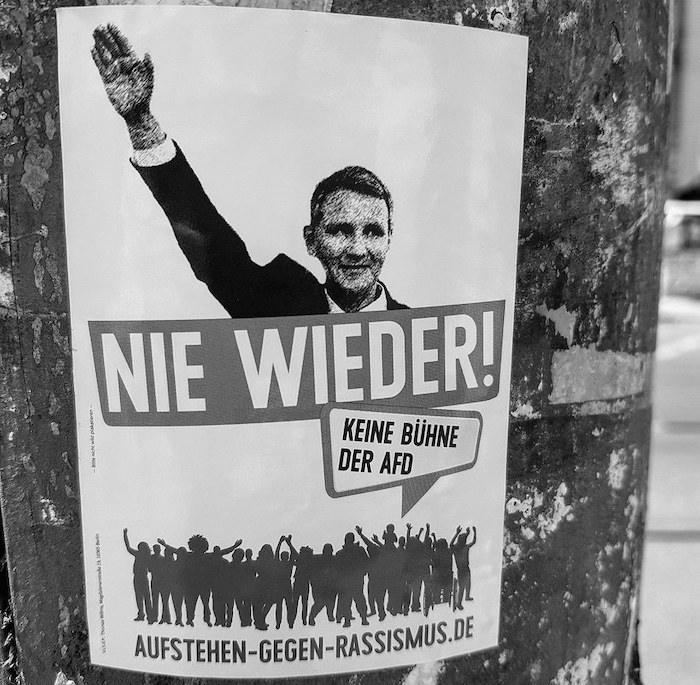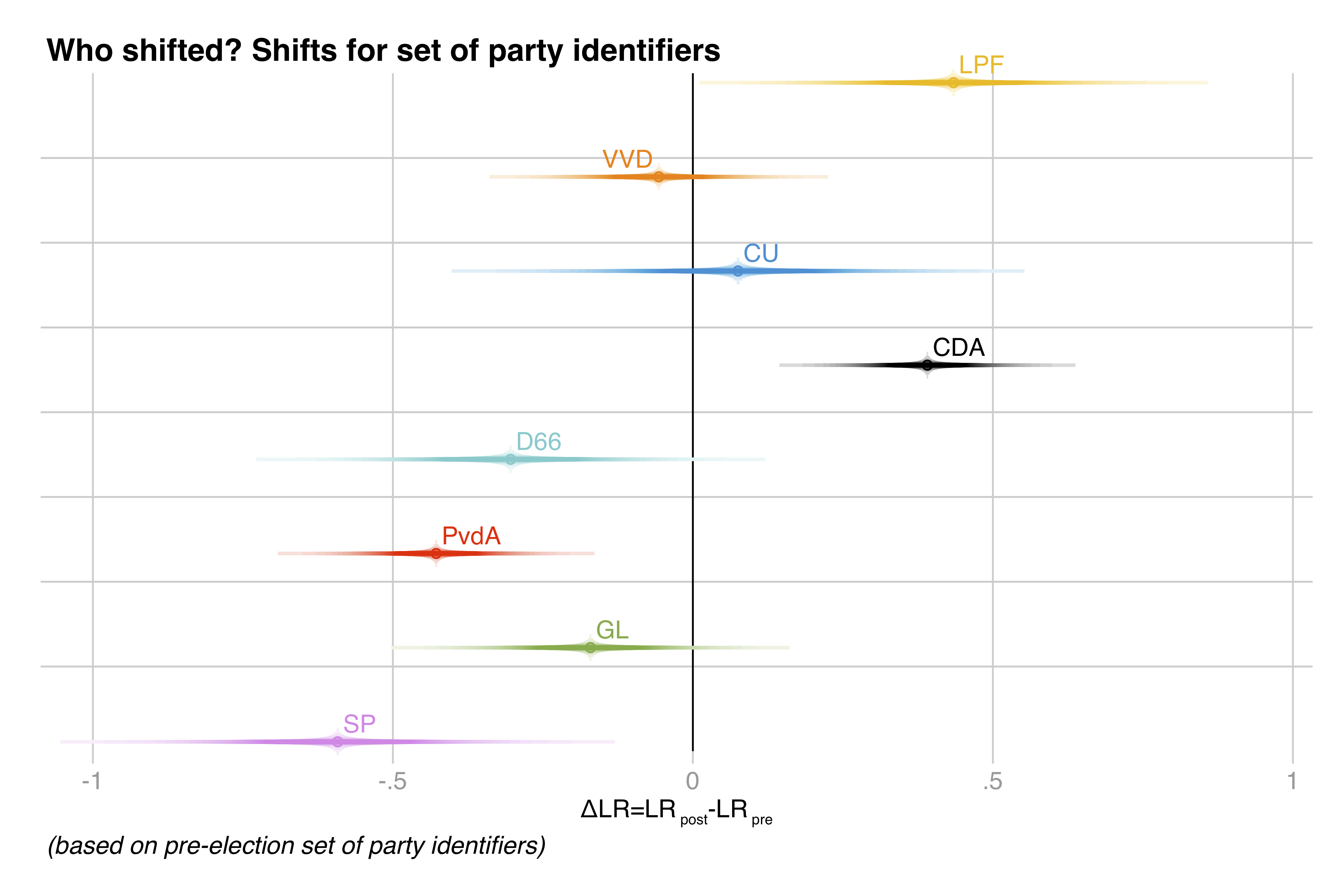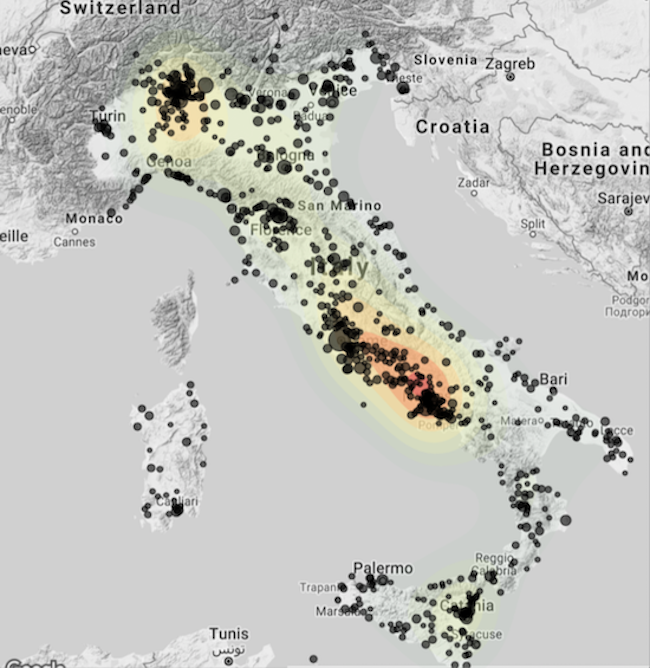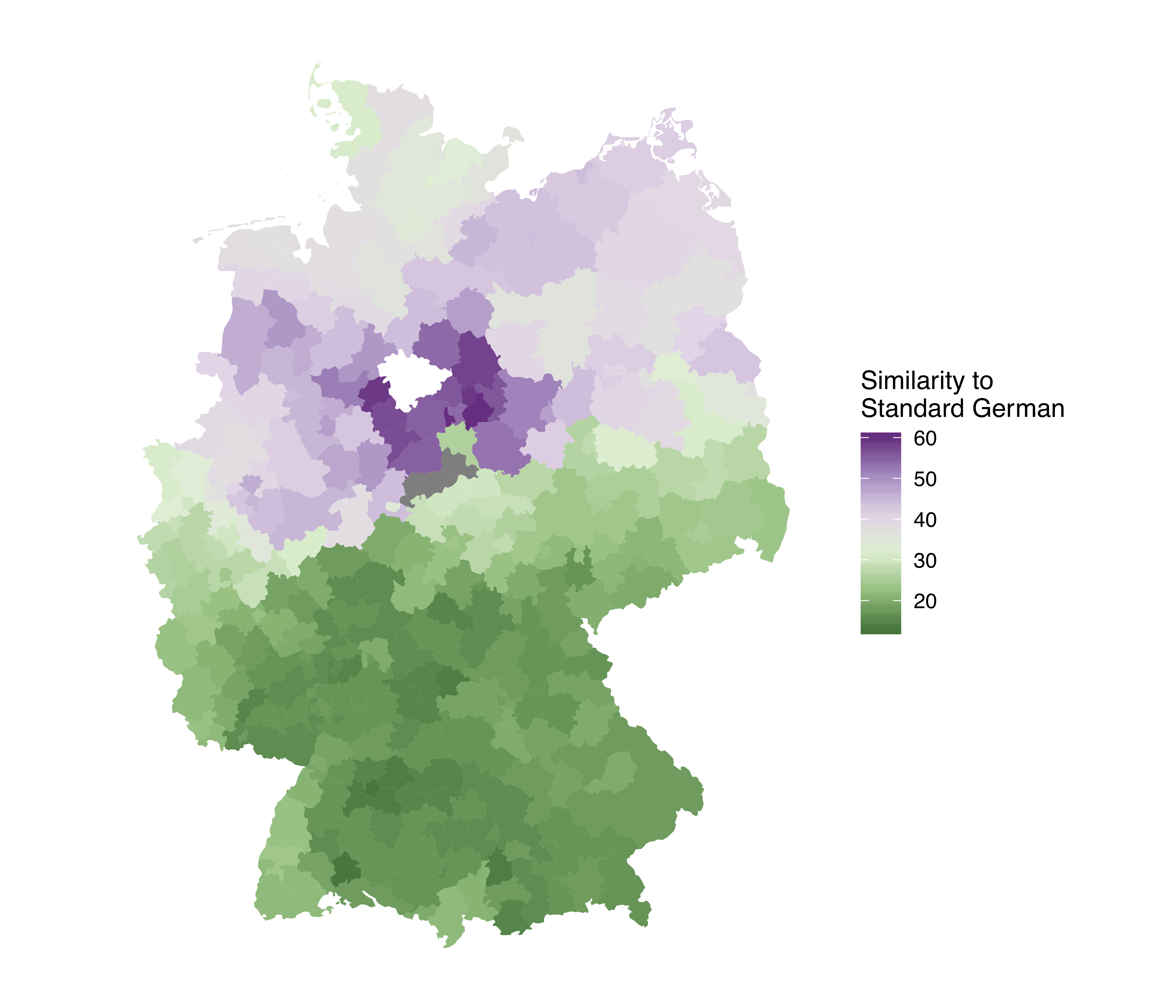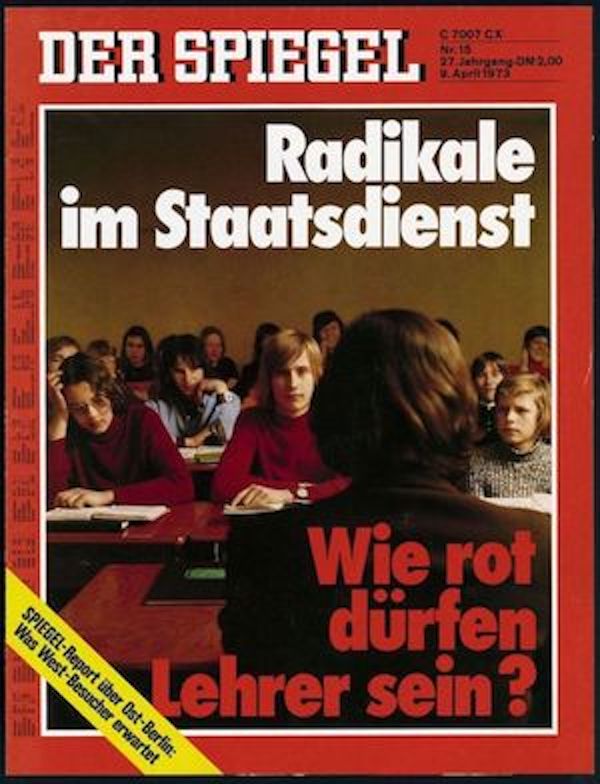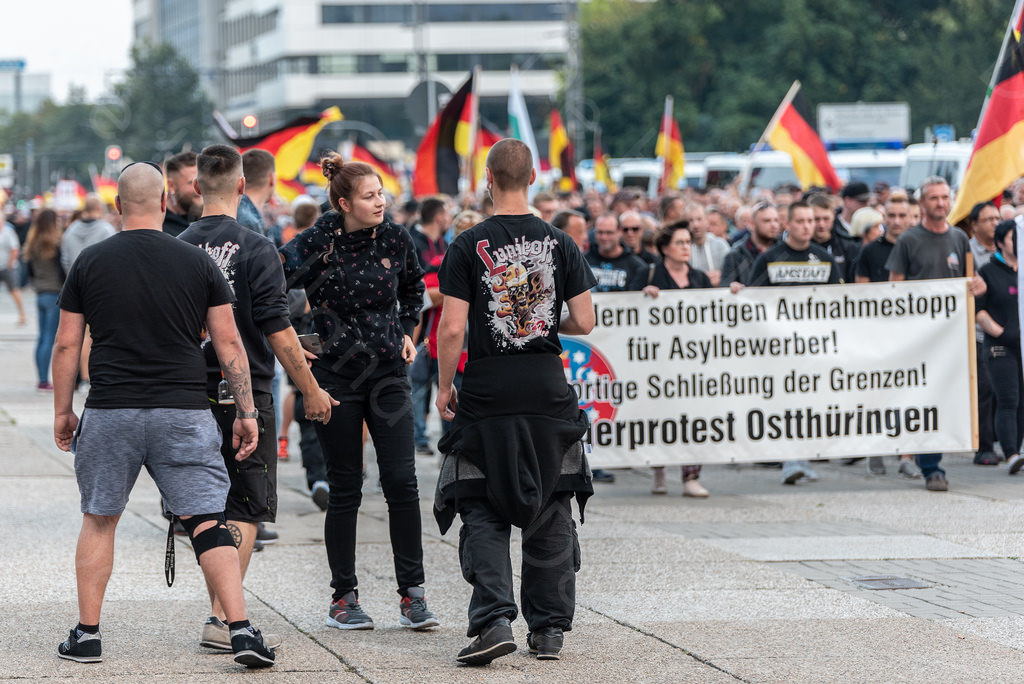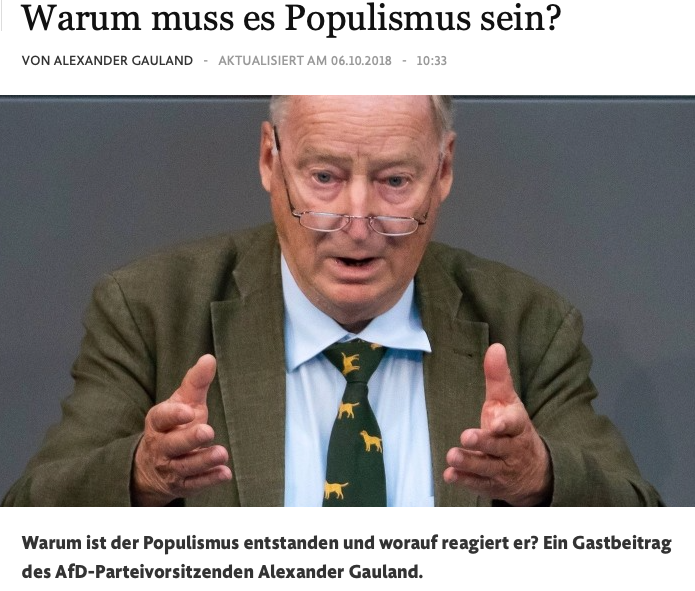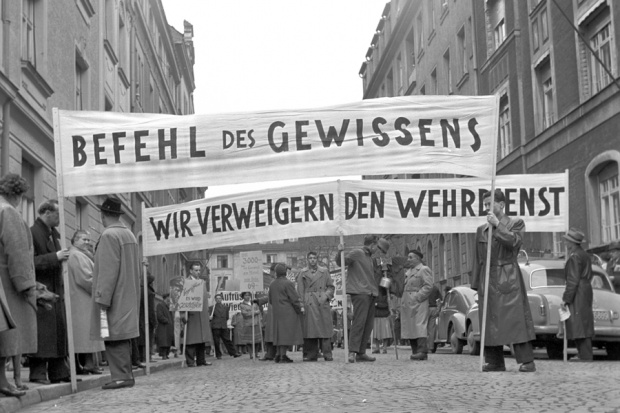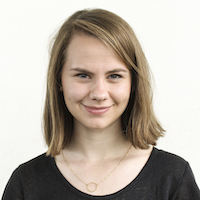The Causes & Consequences of Extreme Party Entrance
In this SNSF Ambizione project (2019-2023, 690'000 CHF), my research team and I try to understand the causes and consequences of radical party emergence. Radical candidates and parties - here defined as parties located at the very extremes of an imagined political left-right scale - are on the rise in democracies. Most recently, Germany experienced the entry of the radical right party AfD into parliament (2017), while in Spain (Podemos) and Greece (Syriza) radical left parties have entered parliament or enjoy governmental office. Such events of radical party entry are destined to have crucial consequences for the political and economic landscapes in modern democracies: established parties might adapt their agendas and positions in an effort to contain the voter potential of the new radical competitor; radical parties could influence media agendas in a disproportionately severe way; public priorities are likely to polarize as a result; and governments are likely to develop policies (e.g. local investment policies) to contain the electoral threat of radical party emergence. This project seeks to research the aforementioned consequences by collecting and analyzing a rich amount of original data (e.g. electoral, textual and geo-coded).
To learn more about the research questions, writings and findings of the project please scroll down.
